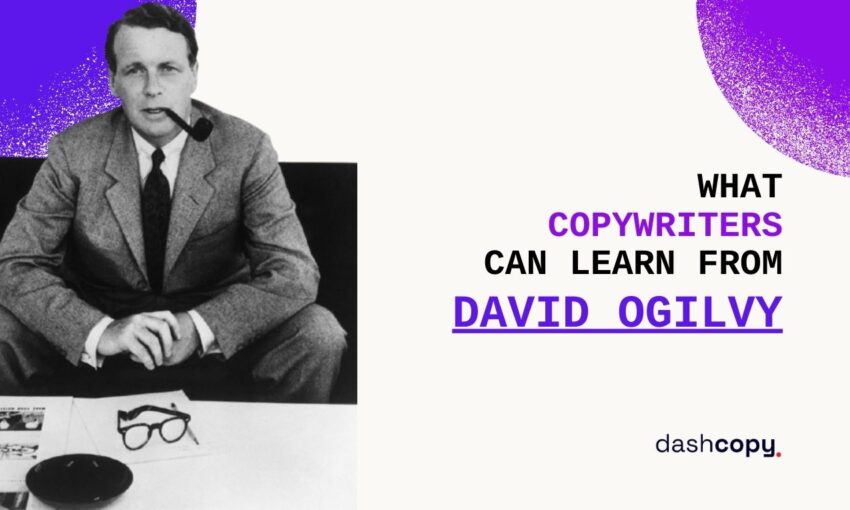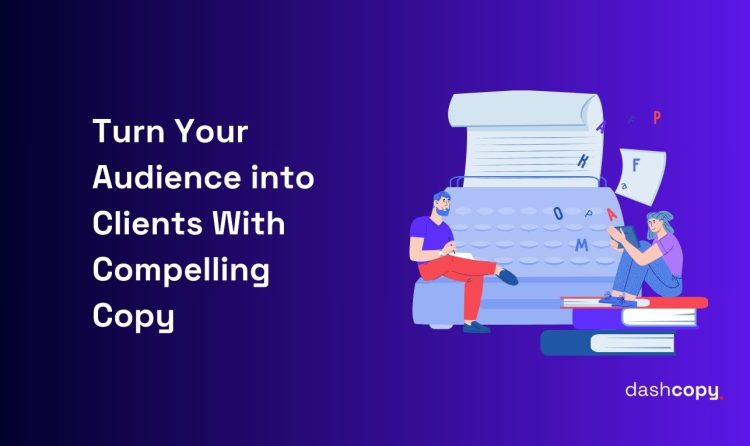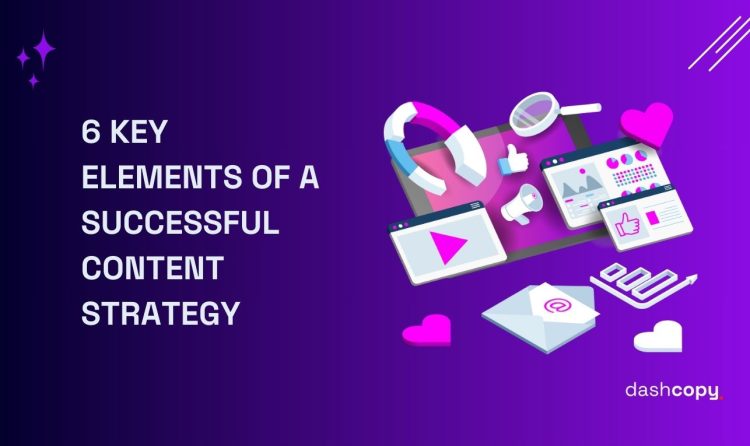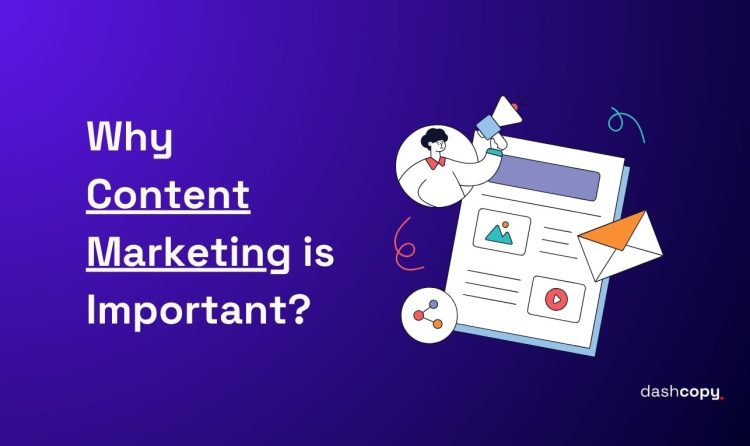David Ogilvy is often referred to as the “Father of Advertising”. He is, a copywriter’s have a lot to learn from him. You might be asking yourself, why is the father of advertising? If so, we have a lot to discuss, which is why we are here. In this blog, we will discuss what copywriters can learn from David Ogilvy.
Before we jump right into the main topic, let’s talk about this legendary person whose philosophies and copywriting have shaped the industry and continue to make a difference and pride valuable lessons for copywriters worldwide.
Who is David Ogilvy?
“Advertising is not a science. It is a craft. It is an art.”
David Ogilvy was a British advertising pioneer, widely recognized as one of the most influential figures in advertising and copywriting. His philosophy and strategy have shown the world the power of storytelling in corporate culture.
He is the man who has made copywriting a popular profession. Moreover, he is the man who was behind hundreds of successful campaigns for popular brands around the world. Today millions of content and copywriters across the world see him as their icon. Most importantly, most people refer Ogilvy to all types of copywriting tips that turn audiences into customers.
Hope you have got an idea about the legendary David Ogilvy. Now let’s read along and learn what copywriters can learn from Ogilvy.
Lessons Copywriters Can Learn from Ogilvy
When it comes to advertising, we would say, there are tons of things we can learn from Ogilvy. He is the man, the myth, the legend from whom we have limitless things to learn as copywriters. Let’s see some of the most important lessons, if not all;
1. Know Your Product
“First, study the product you are going to advertise. The more you know about it, the more likely you are to come up with a big idea for selling it.”
Ogilvy was a master of copywriting because he understood the product, and this is one of the most important lessons every copywriter should learn from him.
For copywriters, he emphasized the importance of deeply understanding the product or service you’re advertising. He also believed that every copywriter should be a “student” of the product. It means you must know the product you are advertising inside out.
Therefore, if you are a copywriter, it is your utmost responsibility to research your product thoroughly. Understand its features, benefits, and how it solves the problems of people. If you do so, it will enable you to write more persuasive and credible copy.
2. Focus on the Headline
“On average, five times as many people read the headline as read the body copy. When you have written your headline, you have spent eighty cents out of your dollar”.
The second most important thing for a copywriter is to focus on the headline. It is what readers focus on and it is what a significant number of readers only read. Ogilvy also emphasizes that 80% of people only read the headline.
“The headlines which work best are those which promise the reader a benefit”.
On another note, he has said how the headline should be—a headline should include a benefit and it works the best.
So, what do we learn from Ogilvy about copywriting?
We learned that you need to craft compelling, clear, and benefit-driven headlines. Your headline should grab attention and entice the reader to continue reading.
3. Sell the Benefits, Not the Features
“The key to success is to promise the consumer a benefit — like better flavour, whiter wash, more miles per gallon, a better complexion.”
The third most important thing that Ogilvy has taught us is customers don’t care about the features of a product, rather they care about the benefits the product has to offer. He believes consumers care more about how the product can solve their problems and improve their lives.
However, most copywriters often forget about that and try to focus on the features of the product. If you are a copywriter, you must not forget about it.
So, what Lesson have you got?
It is simple, focus on how your product or service benefits the customer. Besides, highlight how it solves a problem, fulfils a need, or enhances the customer’s life.
4. Be Clear and Concise
“Write the way you talk. Naturally.”
In writing clearness and conciseness, comes at the forefront. And if you want to make things clear you need to be clear. This is the reason Ogilvy said, write the way you talk, naturally.
Ogilvy always avoided jargon and complex language, opting instead for a straightforward and accessible copy. We need to understand, that your writing is for the reader or the consumers who might not be as well-versed as you are.
“Never use jargon words like reconceptualize, demassification, attitudinally, judgmentally. They are hallmarks of a pretentious ass.”
So, if you want to be a successful copywriter or want to sell your product, you must focus on natural and easy language that your target audience can understand.
What lesson to learn from Ogilvy?
Write clear, and concise copy that communicates your message to your target audience without having to explain further. Simplicity often leads to better comprehension and engagement.
5. Use Research and Data
“Advertising people who ignore research are as dangerous as generals who ignore decodes of enemy signals”.
How well do you use research and data for copywriting? Most probably, you don’t. This is a very wrong approach for copywriters and business owners. For advertising copywriting, everyone should research the market and the product thoroughly. It will give you deep insight on how to market it.
It is not us; it is the insight of marketing genius and copywriting pioneer Ogilvy. He strongly advocated using research and data to inform advertising decisions. He believed that understanding consumer behaviour and market trends is essential and your copy will fail if it is not done properly.
Therefore, when writing marketing copy, leverage data and research to understand your audience and optimize your copy. Test different approaches and use analytics to refine your messaging.
“Never stop testing, and your advertising will never stop improving.”
6. Storytelling
“Good marketing is the same as good storytelling. It’s about telling the story of your product in a compelling and relatable way.”
Copywriters should be good storytellers because good marketing is the same as good storytelling. Copywriters tell the story of products and services compellingly and relatable.
We are not telling it, David Ogilvy told it way before. He did not only tell it, he was a master storyteller. He knew that stories could captivate and engage an audience more effectively than dry facts.
What to learn from Ogilvy?
Well, you need to incorporate storytelling into your copy. You need to use narratives to illustrate how your product or service makes a difference in your customers’ lives.
7. Respect the Reader’s Intelligence
“The consumer is not a moron. She is your wife. Don’t insult her intelligence.”
Ogilvy famously said, your customer is not a moron, she is like your wife. What does it mean? Well, your customers understand what is going on. She also understands if you are trying to make her a fool. If you do so, you are actually insulting her intelligence.
Therefore, be careful about your consumers and take them seriously. Most importantly, when you write copy and present your product or service, tell them the truth, and communicate your product’s benefits in simple language without aiding difficult words.
So, as a copywriter what have you learned from David Ogilvy?
Never underestimate your audience. Write copy that respects their intelligence, providing value and information rather than relying on tricks or sensationalism.
These are just 7 points we have presented that we felt were the most important from Ogilvy. Though in reality, Ogilvy there are plenty more lessons to learn from David Ogilvy. Today, his principles remain highly relevant today, and by applying these insights, copywriters can craft compelling, persuasive, and effective copy that resonates with their audience and drives ROI.
If you feel we have missed any of the most important lessons that copywriters can learn from David Ogilvy, please let us know in the comment below.





